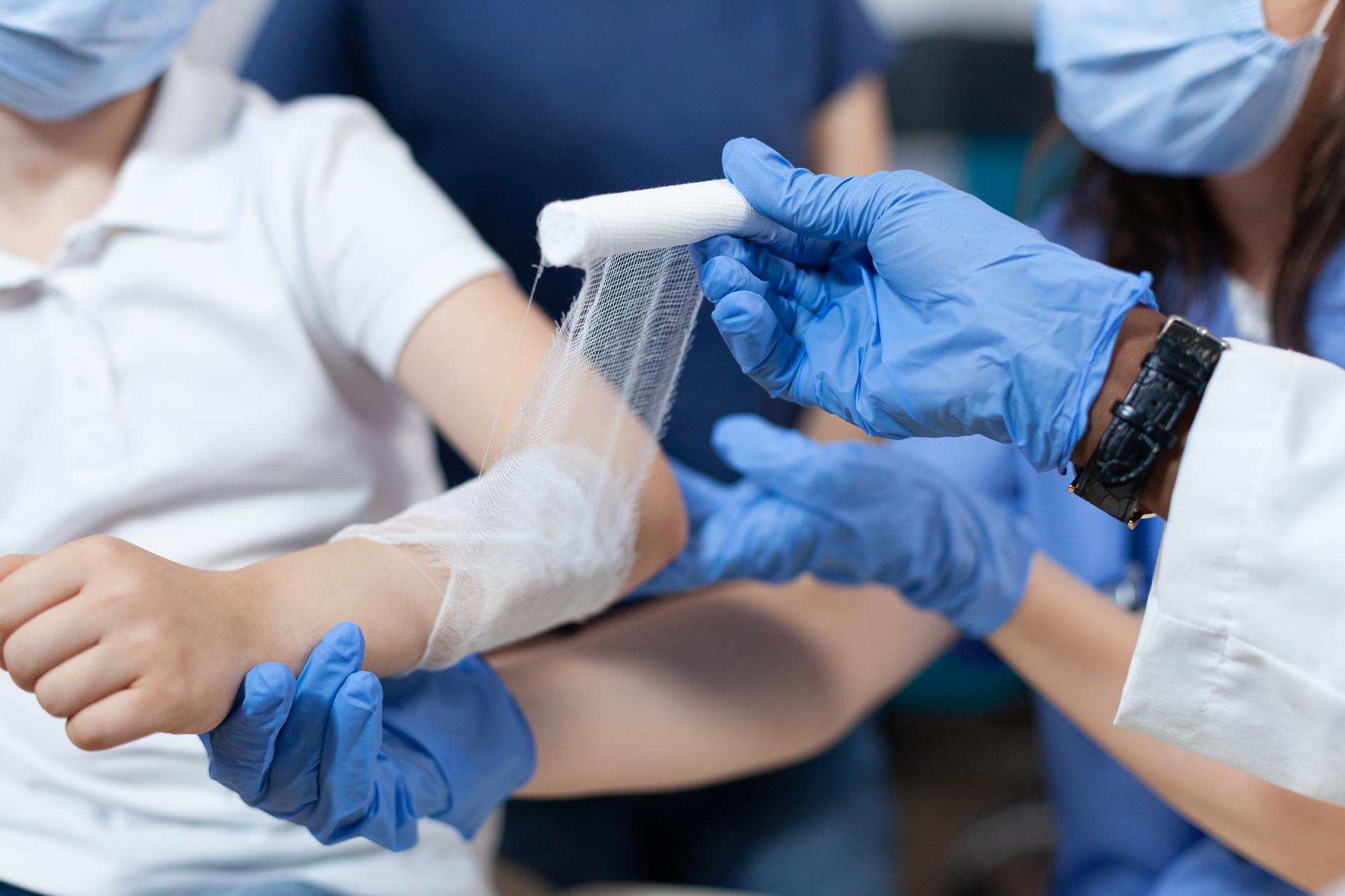
Core objective:
Promote tissue repair, prevent infection, and accelerate functional recovery
Nutritional strategies
1)High protein intake:
Protein requirement: 1.5-2.0 g/kg body weight per day. Prioritize high-quality proteins (such as eggs, fish and shrimp, whey protein powder).
Support for collagen synthesis: Supplement vitamin C (100-200 mg per day, such as kiwifruit and colored bell peppers) and zinc (such as oysters and pumpkin seeds).
2)Energy supplementation:
Calories: 25-30 kcal/kg body weight per day. In the early postoperative period, mainly consume easily digestible carbohydrates (such as rice porridge and lotus root starch), and gradually increase complex carbohydrates (such as oats and whole wheat bread).
3)Anti-inflammatory and immune support:
Omega-3 fatty acids (such as salmon and flaxseed oil) reduce the inflammatory response;
Probiotics (such as yogurt and fermented foods) regulate the gut microbiota and prevent infection.
Stage-based management
1) 24-48 hours after surgery:
Clear liquid diet (such as rice soup and filtered vegetable juice) to avoid the burden on the gastrointestinal tract.
2) Recovery period (3-7 days):
Semi-liquid diet (such as steamed egg custard and minced meat porridge) → soft food (such as steamed fish and tofu);
Nourish qi and blood: Iron (animal liver), folic acid (spinach) and Chinese wolfberries (to enhance immunity).
3) Long-term rehabilitation:
DASH diet pattern: Increase the intake of fruits and vegetables (4-5 servings per day) and low-fat dairy products (2-3 servings per day), and control sodium intake to less than 2 g per day.
Contraindications and monitoring
Avoid spicy foods, alcohol, and high-sugar foods;
Monitor body weight, hemoglobin, and serum albumin (the target value is > 35 g/L).




